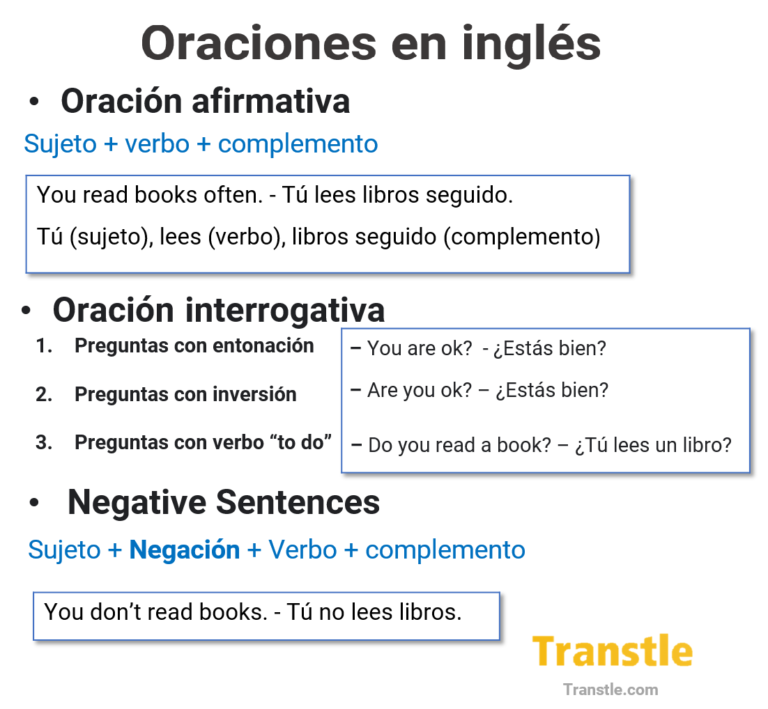El verbo modal «might» en inglés es uno de los más utilizados en el idioma.
Se usa para expresar posibilidad o probabilidad en el presente o futuro, y a menudo se confunde con el verbo «may».
En este artículo, exploraremos las diferentes formas en que se puede utilizar «might», así como sus conjugaciones y ejemplos de uso en diferentes contextos.
Si estás interesado en mejorar tu comprensión del idioma inglés, este artículo es para ti. ¡Comencemos!
| Ejemplo | Forma afirmativa | Forma negativa | Forma interrogativa |
|---|---|---|---|
| I might go to the party. | I might + verbo en infinitivo | I might not + verbo en infinitivo | May I go to the party? |
| She might come with us. | She might + verbo en infinitivo | She might not + verbo en infinitivo | Could she come with us? |
| He might be late. | He might + verbo «be» + adjetivo | He might not + verbo «be» + adjetivo | Is he going to be late? |
| They might have already left. | They might + verbo «have» + participio pasado | They might not + verbo «have» + participio pasado | Have they already left? |
| We might need more time. | We might + verbo en infinitivo | We might not + verbo en infinitivo | Do we need more time? |
¿Qué ejemplos hay del verbo modal «might»?
Algunos ejemplos de uso del verbo modal might son:
– She might come to the party later.
– I might go for a run if the weather improves.
– He might not be able to attend the meeting due to a conflicting appointment.
– The concert might be canceled if there is a sudden change in weather.
– You might want to double-check your work before submitting it.
– Might I borrow your pen for a moment?
¿Cómo usar ‘might’ y ‘may’ en inglés con ejemplos?
‘Might’ y ‘may’ son verbos modales en inglés que se utilizan para hablar de posibilidad o probabilidad de que algo ocurra. Ambos se pueden usar indistintamente, aunque hay algunas diferencias sutiles en su uso.
‘Might’ se utiliza cuando la probabilidad de que algo ocurra es baja o incierta. Ejemplo: «I might go to the party tonight, but I’m not sure yet.» (Podría ir a la fiesta esta noche, pero aún no estoy seguro).
Por otro lado, ‘may’ se utiliza cuando la probabilidad de que algo ocurra es un poco más alta o cuando se trata de una posibilidad hipotética. Ejemplo: «It may rain tomorrow.» (Puede que llueva mañana).
Es importante tener en cuenta que ambos verbos modales se pueden utilizar tanto en afirmativo como en negativo e interrogativo. Ejemplo: «She may not come to the meeting tomorrow.» (Ella puede que no venga a la reunión mañana).
Aunque se pueden utilizar indistintamente, ‘might’ se utiliza cuando la probabilidad es baja o incierta, mientras que ‘may’ se utiliza cuando la probabilidad es un poco más alta o cuando se trata de una posibilidad hipotética.




